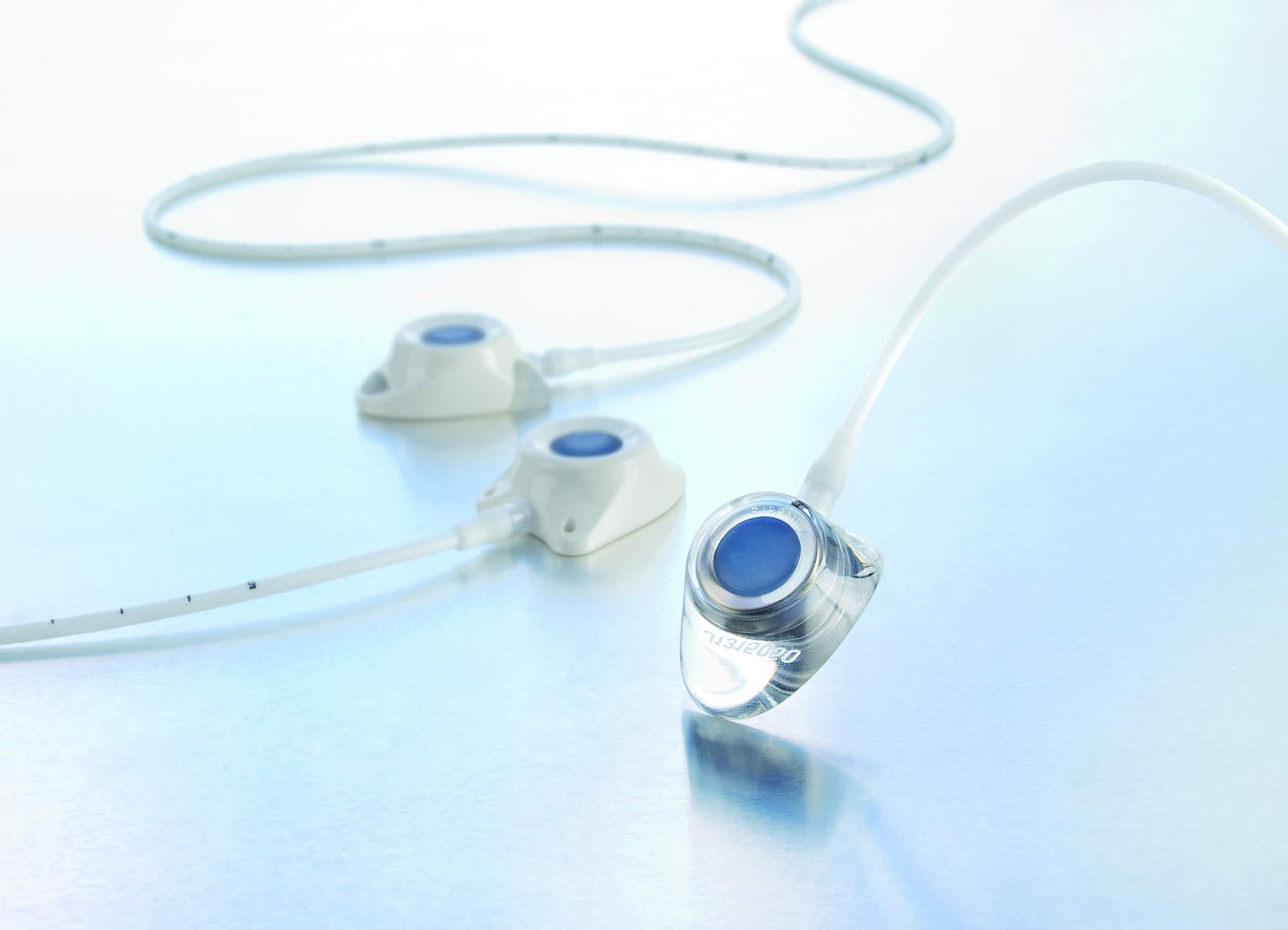
Cancer patients’ income and tax
Having cancer can affect many things to do with your income. Reimbursements and allowances depend on the patient’s life situation.
-
Sickness allowance
If you are in employment and you are diagnosed with cancer, you will be entitled to sick pay. The terms of your employment determine for how long your employer will pay for sick leave. When sick pay from your employer ends, the Social Insurance Institution (Kela) will pay you a sickness allowance.
Kela’s sickness allowance compensates for loss of earnings due to incapacity for work that lasts less than a year. Sickness allowance is paid to people between the ages of 16 and 67, who due to illness are unable to work. Certain so-called work requirements have to be met in order to receive sickness allowance. This means that for the three months before the onset of work incapacity applicants
- had been gainful employment
- been self-employed
- been in charge of your own finances
- had completed military or civilian service
- studied full-time
- had been an unemployed jobseeker, on sabbatical or on work alternation leave.
You can receive Kela’s sickness allowance when incapacity for work has lasted continuously for a waiting period that includes the day of the onset of work incapacity and the following nine working days. If you have YEL insurance for self-employed people or are on the MYEL farmers’ insurance scheme, the waiting period is four days. If the work requirements listed above are not met, you may be eligible for flat-rate sickness allowance when your incapacity for work has lasted continuously for 55 days.
Sickness allowance is usually paid for the same illness for a maximum period of 300 days accrued over a two-year period. After this, you can be eligible for sickness allowance again for the same illness after being fit for work for at least a year. However, if you return to work for at least 30 days but need more sick leave for the same illness, for example due to surgery, it may be possible to receive sickness allowance for a further 50 days.
If your employer pays your salary during sick leave, the sickness allowance is paid to the employer. Sickness allowance is applied for from Kela.
-
The purpose of partial sickness allowance is to support your return to work and being able to remain in work. This is a voluntary arrangement requiring the consent of both the employer and employee. Partial sickness allowance must not interfere with your health or impede your recovery.
Partial sickness allowance is applied for from Kela. To receive it your working times must have been reduced by between 40 – 60 per cent. The reduction of workload for self-employed people must correspond to the same amount.
You must go on partial sick leave immediately from full-time sick leave, which must have lasted at least nine working days following the onset of illness.Partial sickness allowance is half the amount of sickness allowance. It is offset against any other compensation for loss of earnings due to incapacity for work. If your employer pays your full-time salary while you are on part-time work, the partial sickness allowance is paid to your employer.
The allowance is paid for a minimum of 12 working days and a maximum of 120 working days.
Partial sickness allowance (Kela)
-
Disability Allowance is aimed at making it easier for disabled persons to cope with their everyday activities, work and studies. The allowance can be awarded to persons resident in Finland who are 16 years or over whose long-term illness or disability reduces their functional capacity for a period of at least a year.
Reduced functional capacity means that your illness or disability reduces your ability to look after your self or cope with essential domestic, work or study tasks. Your illness or disability has to be such that it necessitates assistance, guidance and supervision or incurs special costs, such as for medical treatment and medicines.
There are three categories of disability allowance, depending on the degree of disability and need for assistance. The allowance is not taxable. It cannot be granted if you receive old age pension or full disability pension. Your income and assets do not affect the amount of disability allowance you receive.
Disability allowance is applied for from Kela.
-
If as a cancer patient your income and assets are not sufficient to cover essential daily expenses, you may be entitled to social assistance granted by your municipality.
Income assistance is a last-resort allowance and is intended as a temporary form of support, such as when beneficiaries have to wait for the primary benefits to which they are entitled. Income assistance comprises basic social assistance, supplementary social assistance and preventive social assistance.
Applicants are entitled to receive a decision on social assistance after seven weekdays as long as the application contains all information needed for the decision.
In urgent cases the decision must be made on the same weekday or at the latest on the following weekday.Income assistance is applied for from the social services office of your local municipality.
-
The various options for retirement and their combinations depend on your age and work history. It is important to discuss retirement with the doctor treating you. You can obtain practical information from a hospital social worker, Kela and the Finnish Centre for Pensions.
People between the ages of 16 and 65 may be eligible for a disability pension, if they are unable to work due to sickness or disability. The disability pension compensates for loss of earnings due to permanent incapacity for work. A temporary pension of this kind is known as a rehabilitation allowance.
Partial disability pension is intended for people who despite illness are able to remain in work on a part-time basis. A temporary partial disability pension is known as a rehabilitation subsidy.
People on pensions are able to apply for a care allowance from Kela if they need assistance, support or supervision to live at home and for care carried out at home. You can apply for a care allowance is your illness or disability has diminished your functional capacity for at least a year.
-
If having cancer significantly reduces your income, your taxation percentage can be reassessed, including mid-year. Tax reductions linked to illness are the deduction due to ability to pay tax and a deduction due to invalidity.
In terms of reduced ability to pay tax specifically because of cancer, you should contact the Tax Administration. Tax deduction due to invalidity is granted to people who are permanently handicapped due to illness. The degree of handicap must be at least 30 per cent.
Cancer patients can obtain a household deduction for such things as housekeeping, nursing care, home maintenance work and installation of computer technology devices by a private service producer. The amount of the deduction is checked each year.
Read more about matters related to the economy

Travel expense reimbursements for cancer patients
The Social Insurance Institution (Kela) reimburses the costs of travel for cancer treatment and rehabilitation. You can claim for travel for doctor’s appointments or for examinations ordered by a doctor or for treatment.
Read article
Rehabilitation and reimbursements
If your illness is prolonged and there is a delay in your returning to work, you may need rehabilitation. Access to rehabilitation requires that you have a rehabilitation plan, which is needed to apply for benefits and services.
Read article
Cancer and your finances
Having cancer can radically undermine your and your family’s financial situation. Even in the early stages of the disease it is good to bear in mind that dealing with various expenses, benefits and reimbursements will require some effort on your part.
Read article